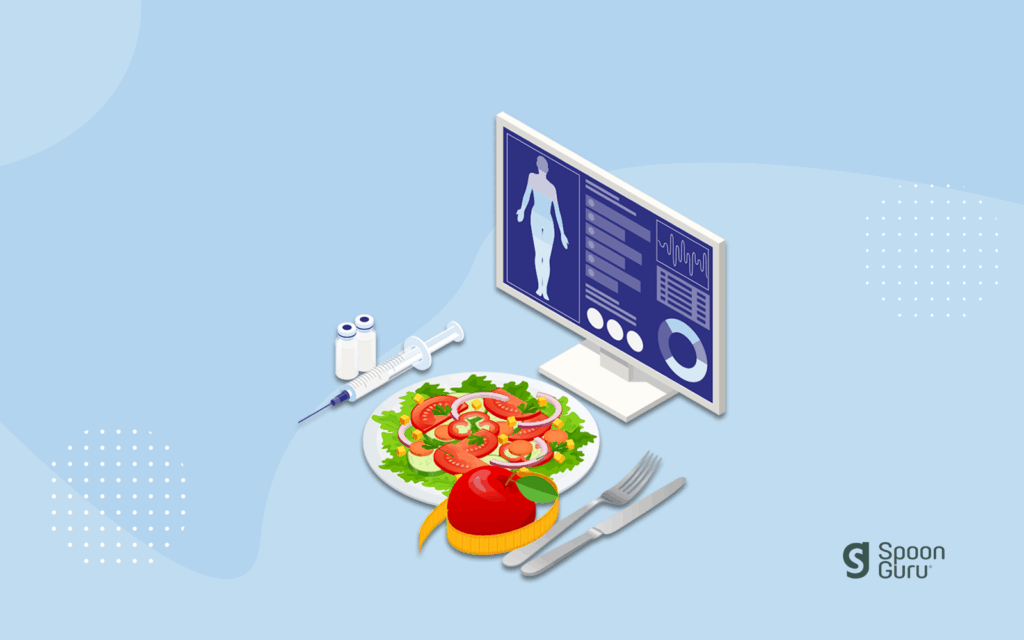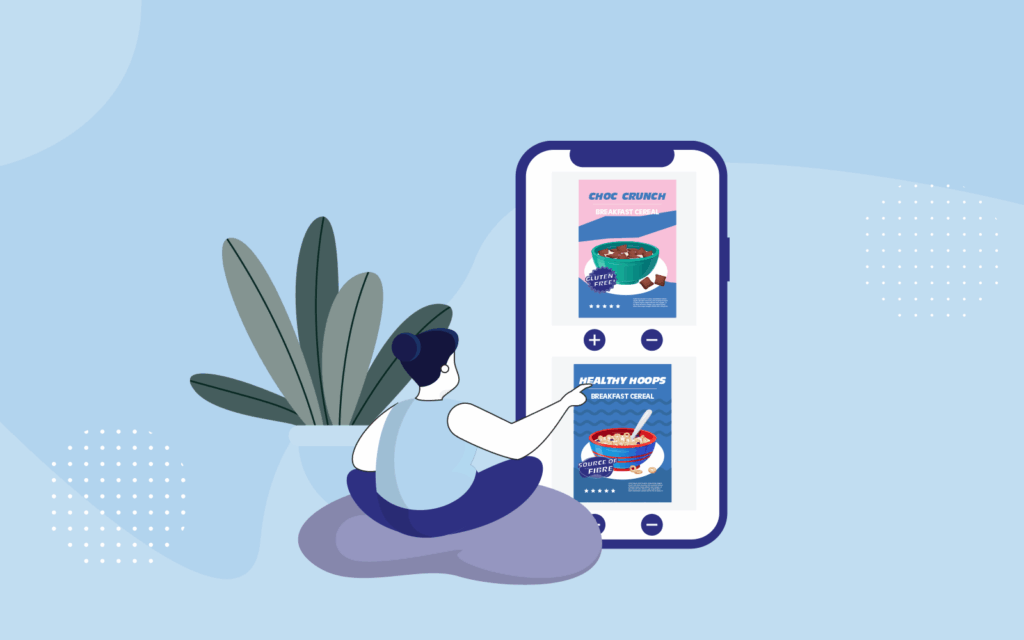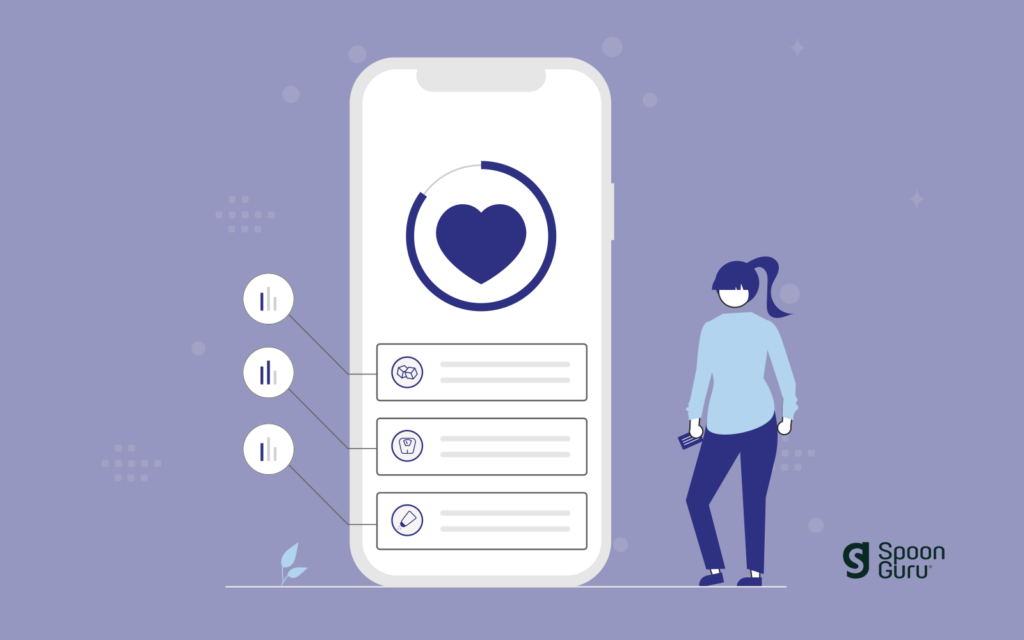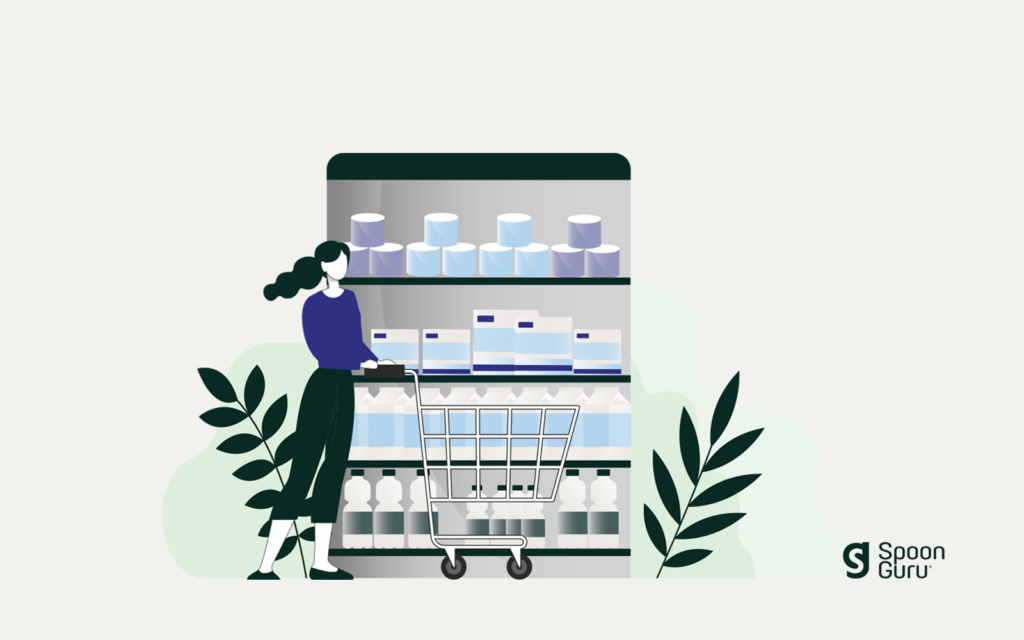When it comes to food shopping online, consumers depend on precise product information to make informed choices, especially concerning dietary needs and allergies. However, inaccurate data can lead to mislabeled products and incorrect search results, adversely affecting customer experience and safety.
Feature Posts
GLP-1 medications have dramatically changed the weight management landscape, and retailers have a unique opportunity to play a key role in supporting those using it.
Every year, Our VP of Marketing, Shruti Chawla Reed, shares her take on where the industry is heading – and 2025 promises one of the most transformative shifts yet. In her this retrospective, she highlights the trends retailers and brands can’t afford to ignore, and why she’s more energised than ever about what’s coming next.
Retailers that adapt to evolving consumer needs and create simple, supportive journeys will be well positioned to shape the future of health-focused retail. Ultimately, supporting customers, including those on GLP-1 medications, means building an evidence-based, nutrition-focused retail environment that strengthens trust, engagement and long-term loyalty.
With greater awareness, early intervention, and the use of technology to advance both personalised nutrition and informed food system decisions, we can enhance nutritional health, improve wellbeing, and reduce the risk of malnutrition.
Personalized nutrition is reshaping the way we shop. Here’s how Spoon Guru’s advanced health scoring system helps retailers to offer tailored recommendations that improve customer experiences and boost loyalty. This is the first of a 3-part blog series on personalization.
This year’s Healthy Eating Week campaign has just recently wrapped up. Here’s why & how retailers can help shoppers make healthier choices.
Announcing the launch of Spoon Guru’s innovative Nutrition Intelligence app for grocery retailers on Google Cloud Marketplace. This will enable us to better deliver unique solutions, at scale, to more retail clients.
Announcing the launch of Spoon Guru’s innovative Nutrition Intelligence app for grocery retailers on Google Cloud Marketplace. This will enable us to better deliver unique solutions, at scale, to more retail clients.








